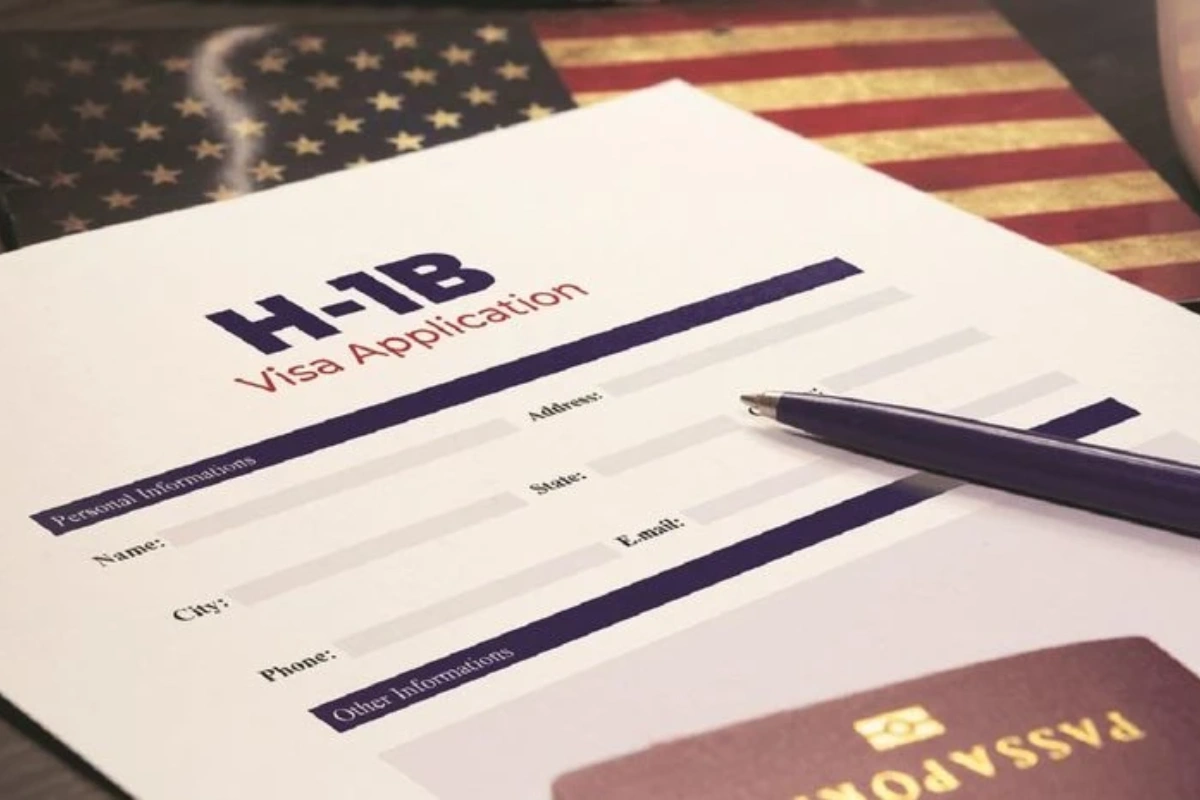H-1B Visa: The US government caused an uproar in the world of tech with the abrupt move to charge $100,000 per H-1B visa. The policy was first declared as an annual fee on new applications and renewals, which created panic among employees and employers. The White House corrected its statement a day later, explaining that the cost will be a single payment, applicable only to new visa applications, not to renewals or existing ones.
Fee Announcement Sparks Panic
On Friday, the US Commerce Secretary Howard Lutnick declared the new H-1B fee of $100,000 would be imposed annually. He stated that it would apply to both new visas and renewals, compelling businesses to rethink the need to hire foreigners. This announcement was a shocker to the tech industry, which has a significant dependency on skilled immigrants, particularly Indians.
White House Issues Clarification
White House Press Secretary Karoline Leavitt refuted the statement made by Lutnick on Saturday, before the rule went into effect. She explained that the fee is not an annual fee but a single charge. It shall be limited to new applicants only. Those who have an existing visa or want to renew it will not be impacted.
Confusion Among Workers and Companies
Before clarification, the announcement spread a lot of fear. Organizations such as JPMorgan advised its H-1B workers against international travel. Other workers exited the aircraft because they feared they would not be welcomed back into the US. The tech companies rushed to evaluate the impact of the abrupt expense on their staff.
Trump’s Justification
President Donald Trump justified the increase in fees and argued that the H-1B program was abused to displace American labor with cheaper foreign workers. His insistence was that the policy would make companies employ foreign workers when it is necessary. Coupled with this action, Trump has also introduced a gold card residency initiative worth a million dollars to wealthy immigrants.
Impact on India and the Tech Sector
The largest beneficiaries of H-1B visas are Indians, who get almost three-fourths of the approvals annually. The Foreign Ministry of India was also concerned, stating that the shift would destabilize families and be detrimental to innovation. Meanwhile, tech companies such as Elon Musk warned that the US does not produce enough local talent to replace high-skilled positions, and the restriction is dangerous to the economy.
